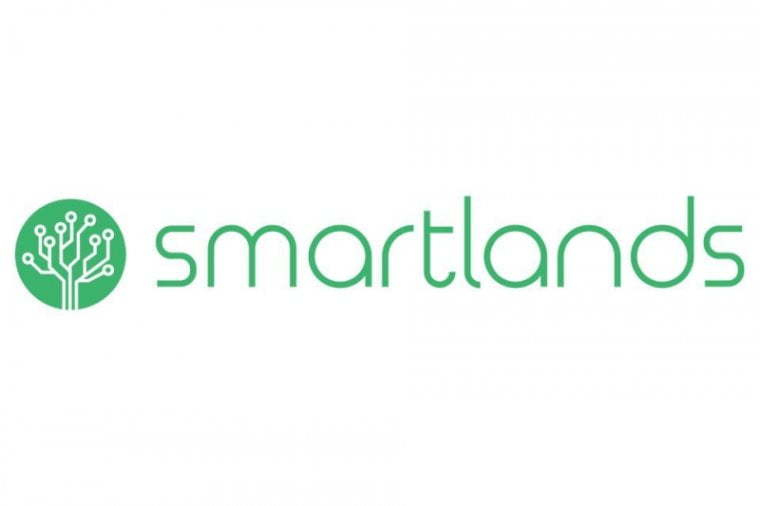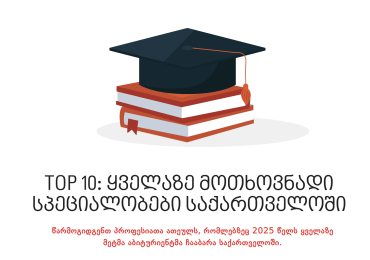The current economic climate appears to be increasingly favorable for potential crypto investors, as the currency enjoys more “acceptance” over the last few years. This particular state of affairs has made “Smartlands” possible – a new platform for the tokenization of agricultural assets that allows people to invest their virtual finances into farms worldwide. The company believes that the concept of “asset-backed tokens” will soon become highly demanded since that will allow diversifying an investor’s portfolio. This efficient ecosystem will ensure that any amount of money invested will be collateralized by land or the goods produced on the land, thus alleviating the investor of a significant amount of risk and uncertainty. The company intends to create an entirely new asset class that will be defined by high profitability and low volatility, as even in periods of deep crisis the consumption of primary produce diminishes inconsiderably and remains stable during the various phases of the business cycle, compared to other goods like immobile and automobiles. Therefore shares of food producers are called non-cyclical or defensive stocks.
Asset-backed tokens are a great way to get into blockchain investments, as this is a simpler and more understandable tool that will allow investors to familiarize themselves with the technology in a general perspective, without having to understand all the minutiae thoroughly. This will subsequently contribute to the popularization of crypto-economy and the additional influx of funds into the field. Smartlands is looking to generate asset backed tokens through a standardized procedure within the Platform to ensure that the investors’ interests are protected.
The company has built an impressive roadmap, which they intend to follow carefully. It is separated into five grand steps. The natural progression would suppose the tokenization of fruit, berry and nut orchards in Eastern Europe by means of asset-backed tokens ICO’s. Eventually, the company looks to expand into arable farming in the major markets like South-East Asia, South America, and Europe. By the end of 2018, Smartlands already will have released their own blockchain – a digital ledger in which transactions made in cryptocurrency are recorded and stored, thus strongly diminishing or even entirely eliminating counterparty risk. The approach becomes even more holistic after this step, as the company plans to go into all kinds of agriculture, including animal farming.
“The blockchain technology has proven its aptitude and fitness for finance over the last few years, considering the wide acceptance that Bitcoin, Ethereum and other cryptocurrency have gained as an alternative payment method. Now it is time to apply blockchain for other exciting opportunities, namely revolution in agriculture investments“ – Dmytro Ruzhytskyi, Business development.
To be always at the center of innovation in agtech, Smartlands will invite agrotechnological companies to become partners of the Platform and form the ecosystem, that will be beneficial to all the stakeholders. In the future it can be supplemented by the relevant business accelerator. Additionally Smartlands will create a sophisticated and self-sufficient infrastructure by connecting with fertilizer distributors, farming machinery manufacturers and farmer. The framework itself calls for intelligent farming by using data analysis and improving the quality of produce. Obsolete technology, excessive manual work, lack of irrigation, are all aspects that continue to cripple agriculture in many parts of the world, including Eastern Europe. As a result of the above-mentioned problems, yields are low and unpredictable, thus hampering profitability and aggravating risks, which are central issues when attracting investments.
Understanding the challenges and seeing the opportunity, the company needed to move on to an applied project that would prove the viability of their business model. Respectively, Smartlands will launch a pilot project that features their own assets — a 50-hectare walnuts orchard. This project intends to display a healthy synergy between traditional agricultural practices, modern technologies, and crypto investments. The company finds that land and trees are a very lucrative field for token emission, since these are long-lasting assets with a low depreciation probability, and tapping into attractive niches on the market will only increase its value. At the same time, the Easter European walnut market has shown a steady growth over the last few years, considering the growing global demand. There are currently no significantly big players in the Central and Eastern European markets, which gives a realistic chance to create one with relatively minor investments. The relevance of walnut production is defined by the staggering growth of its consumption over the last four years, according to the USDA. The international nut trade has noticeable 42% increase over the same period of time, and it appears that this percentage will continue to grow.
“The development strategy of the company is focused on the accelerated growth of its value, which, accordingly, will positively affect the cost of the tokens. The standard recipe for achieving this result is high profitability, dynamic development, and minimization of risks.” Taras Basistyk-Gaptar, Managing partner of agricultural operations.
In order to demonstrate the possible global impact of the Platform, pilot project of Smartlands plans to maximize the production of agricultural goods in countries with a minimum cost of production factors and exporting them to large deficit markets. Central and Eastern Europe possesses all the necessary factors for growing walnut – favorable climatic conditions, optimal land quality, low cost of labor, which makes it possible to become a cost leader on this market. Taking it to the larger scope, improving the technologies used in Eastern European agriculture will generate a great shift in the economic potential of this region.
“The Smartlands orchard is located in one of the most favorable forest-steppe zones for walnut growing. Our garden features local strains, and it is being managed to abide by the Agriculture 3.0 framework. We believe that this is the ideal asset for tokenization, as it satisfies all the essential requirements: it has assets of significant value that can be pledged, it belongs to a financially attractive niche, an aspect that guarantees high levels of returns on agricultural investments, and stakeholders have the ability to permanently monitor the garden’s condition, due to highly technical and automated control” – Andrey Sevryukov, Agtech.
The relevance of the Agriculture 3.0 principles that Smartlands actively promote is well-motivated due to increased world demand for food. After thousands of years of agricultural practices, it appears that we’ve reached a point where we couldn’t expect another technical leap and other innovative solutions. Yet IT has brought new life to farming practiced by introducing Precision Agriculture. The goal of precision agriculture research is to observe and define the best agricultural frameworks for whole farm management, with the intent to optimize returns on inputs while preserving resources. In particular, such approach provides the following benefits:
- Reaching greater yield, due to quick problem-solving, and creating optimal conditions for trees.
- Rapid problem identification, thanks to permanent monitoring.
- Efficient risk management.
- The possibility of creating optimal conditions for each tree or plant in particular.
- A considerable decrease in pesticide, herbicide, and chemical fertilizer use. This will notably reduce expenses as well as the adverse effects they have on the end product.
- Ability to receive organic certification with minor damage to yield and at minimal costs.
In other words, the fewer chemicals in our food – the better, and there is a good reason why the company decided to operate in this particular field. Furthermore, there has been increased demand for organic food over the last few years, due to the raised awareness regarding the damaging effects of chemicals used in contemporary agricultural practices.
We might be witnessing a new era of intelligent farming driven by blockchain capabilities evolving before our very eyes, however significant the challenges are. The current environmental situation appears to be problematic, so could we actually solve pollution-related issues with agricultural efficiency issues altogether? Companies like Smartlands that bring large-scale solutions to the table could actually be a new class of business that stands behind the combination of blockchain technology capabilities, capital market experience, expertise in agricultural innovations and AI implementation.This multi-faceted consolidation will create a complex investment platform that will disrupt the current framework to finance small and medium sized agricultural companies.
"Forbes Georgia-ის სარედაქციო ბლოგპოსტების სერია "როგორ გამდიდრდა“ და "საქართველო რეიტინგებში".


















